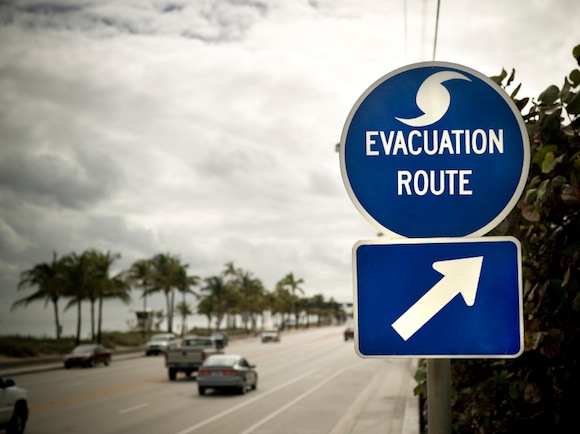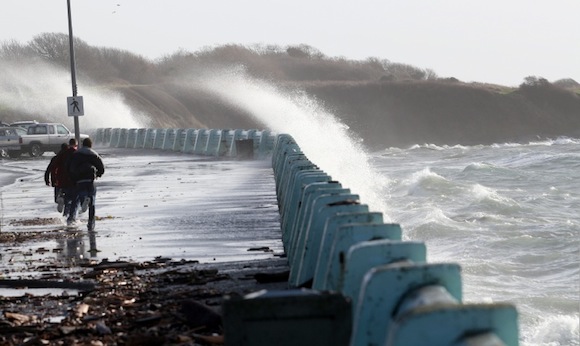During hurricane season, it’s critical to know your rights as a self-storage consumer in case a storm hits.
In hurricane-prone states, laws are in place to protect consumers from price gouging during emergency situations like hurricanes. These laws specifically apply to renting self-storage facilities in states like Florida, Massachusetts and South Carolina.
In the Wake of the Storm
In Florida, for instance, it’s illegal after a state of emergency has been declared to rent out a self-storage unit at an “unconscionable,” or jacked-up, price.
“Unfortunately, scammers use disasters to prey on consumers, and even though we cannot stop a hurricane from making landfall, there are a few things consumers can do to make sure they are not victimized in the wake of a storm,” Florida Attorney General Pam Bondi said in a news release.
Other hurricane-prone states, such as Louisiana, North Carolina and Texas, also have laws on the books to punish price gougers who prey on consumers after hurricanes and other disasters.
Scott Kelly, 2016 President of the Florida Self Storage Association, and Vice President and Director of Operations for StoreRight Self Storage, suggests renting a unit at the first sign of a hurricane if you need self-storage. That way, you won’t be at risk of price gouging in the wake of the storm.
“People in higher-risk areas often rent a storage unit the month that a lot of talk about possible storms begins,” Kelly said. “Once rented, the price can’t change overnight or even be modified for a few months.”
However, he noted that pre-hurricane demand might cause self-storage rental rates in your area to spike.
“When a big storm blows through, know that demand will be through the roof and rates will likely go up,” Kelly said. “But it’s a fine line to know what is an unconscionable price and what isn’t. There’s a lot of gray area.”
Caution and Precaution
Kelly recommends having insurance covering property in your storage unit before the National Weather Service names a hurricane, like Rita or Katrina. Check with your homeowner’s or renter’s insurance provider, or ask your storage facility about coverage that it offers.
Keep in mind that your homeowner’s or renter’s insurance doesn’t automatically cover your items when they’re in a storage unit, and that a storage facility’s own insurance doesn’t cover your belongings.
“While tenants often think of storage units as a kind of hotel room for their stuff, rental contracts usually free the self-storage facility from responsibility for theft, mold or anything that might occur from a tornado, fire or hurricane,” according to the Wall Street Journal.
Kelly warns that one a hurricane is named, consumers can’t buy property insurance in the storm zone. Without coverage, what you put in your storage unit “is at your own risk,” he said.
For more information about self-storage insurance, visit the SpareFoot Storage Guide.
Self-storage operators in hurricane-prone states normally have procedures in place to prepare for hurricanes. For instance, Tellus Self Storage—with facilities in Alabama, Florida, Louisiana, Mississippi and Texas—follows a set of hurricane protocols.
“Typically, our managers begin preparing for hurricanes by double-checking each storage unit to make sure that doors are properly closed and locked. They then inspect the rest of the property and secure any items that could become a projectile in high winds,” Gulfport, MS-based Tellus says on its website. “Important computer records and tenant files are backed up and stored off-site in a safe place.”




